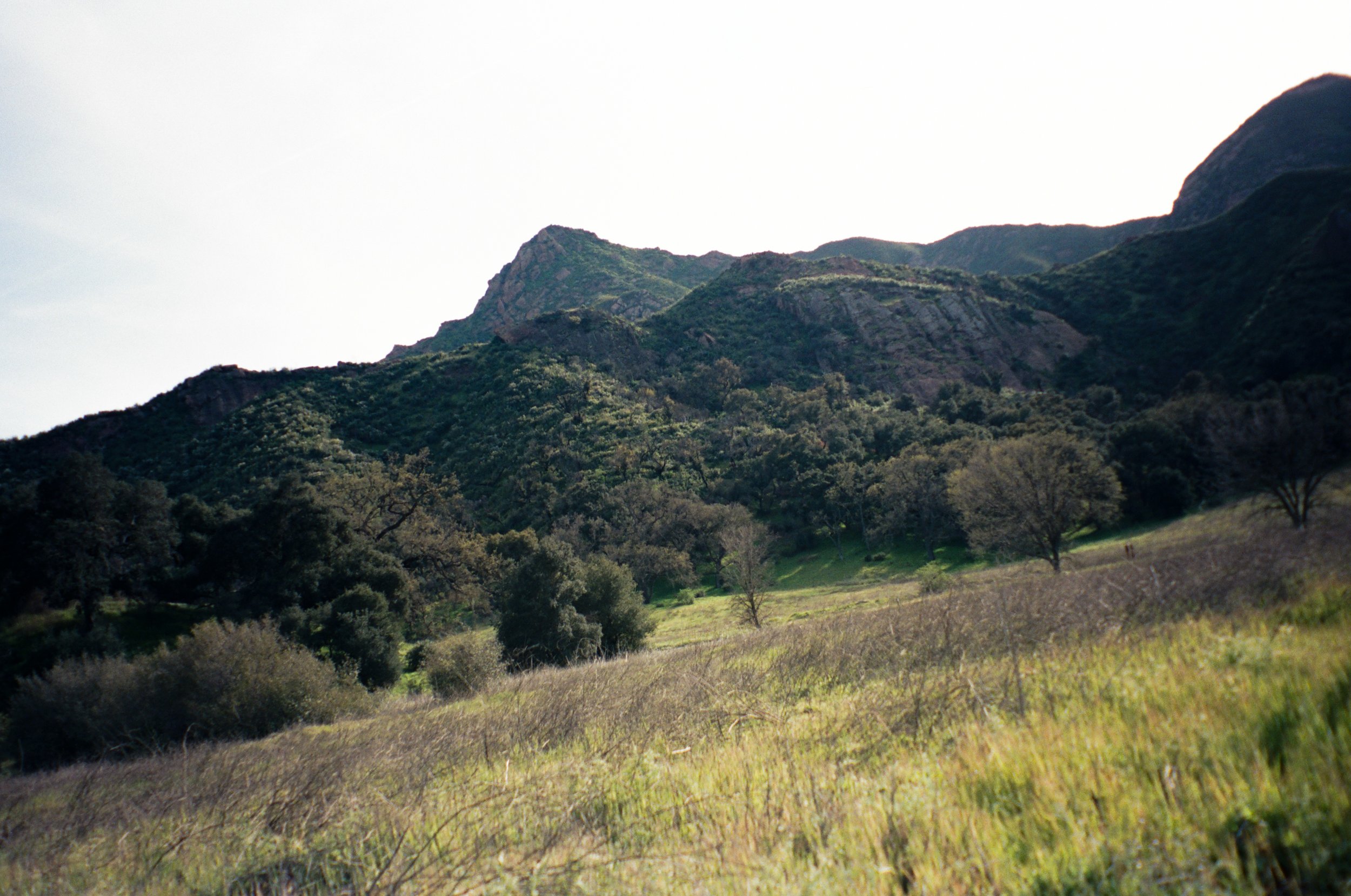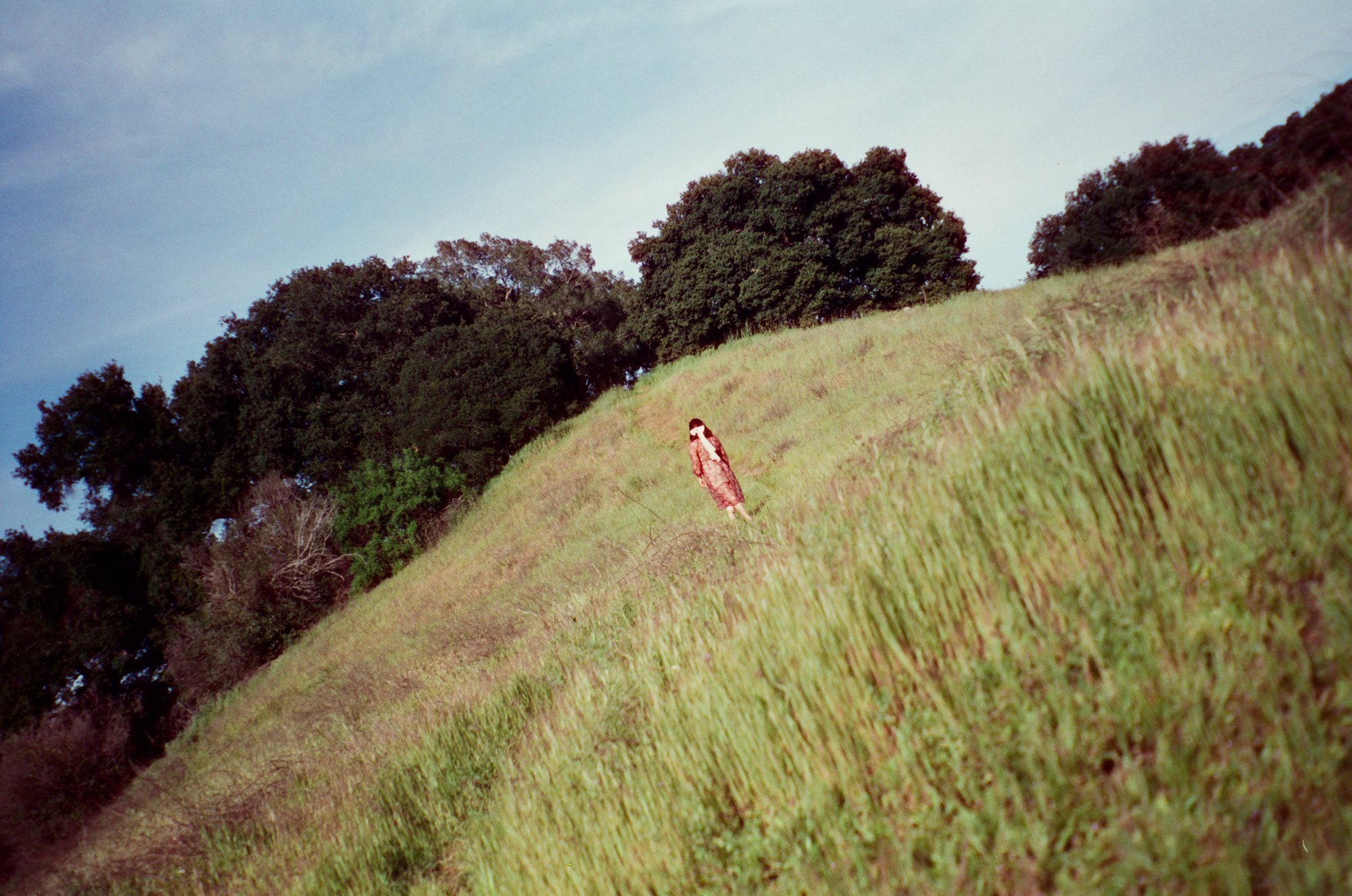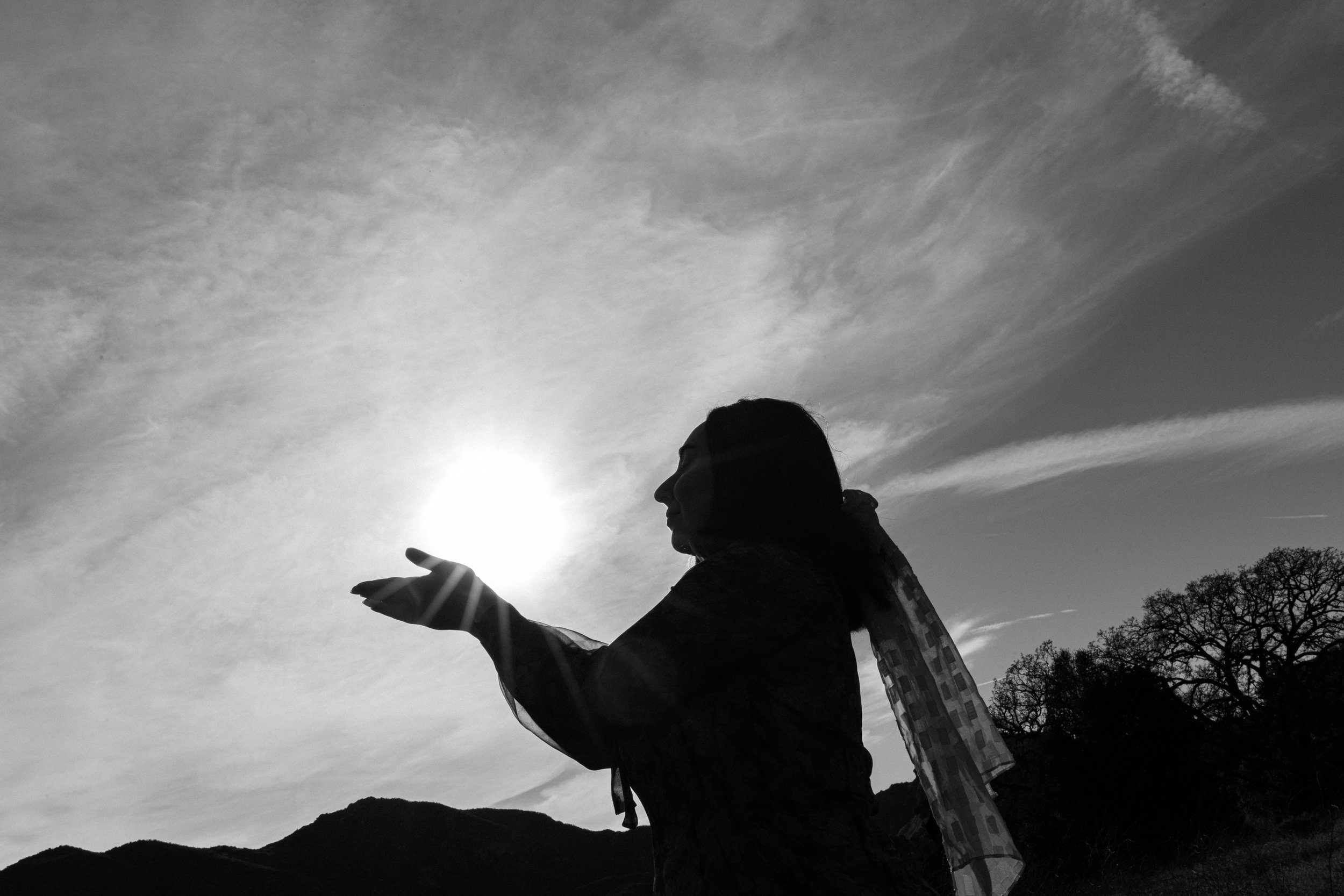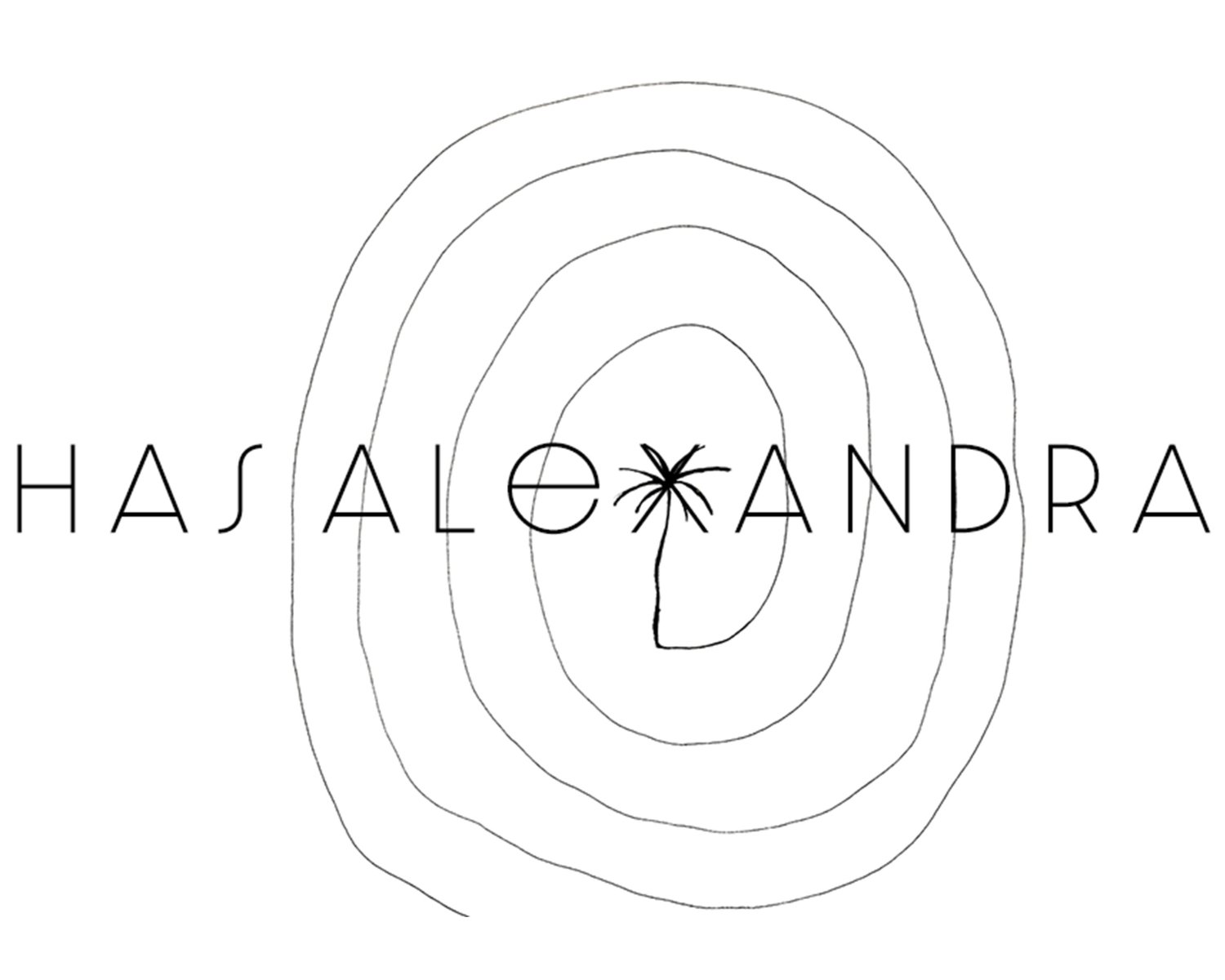
Nanor
armeniA
my name is Nanor Shoushi Zinzalian
[Na-nor Shu-shi Tsun-zal-ee-yan]
my divine roots are from armenia.
i identify as armenian-american.
i was born in Glendale, California, USA.



ROOTS
my dad’s roots are from Agn [a village in Western Armenia which is modern day Eastern Turkey]. He grew up in Istanbul, then went to Melkonian Educational Institute, an Armenian boarding school in Cyprus. He was in high school when the bombings started during the Turkish invasion of Cypress. He left to Beirut to continue his education but shortly after he arrived, the Lebanese Civil War started. He got a scholarship to University of La Verne so he immigrated to Los Angeles in his 20s. He got a bachelor’s degree in photojournalism, then a master’s degree in political science.
My mom’s roots are from Kessab [a village in Western Armenia which is modern day Syria]. her parents moved to Lebanon for work, so She was born and raised in Beirut and would spend summers in Kessab growing up. Like my dad, she also got a scholarship to University of La Verne during the lebanese Civil War and immigrated to Los Angeles in her 20s. She majored in child education and worked at the daycare program at the school then became the Director of Armenian Relief Society.
While they both simultaneously lived in Beirut, they didn’t know each other until they met in college in LA.



have you visited the land?
I have visited Armenia twice: my first trip was in 2013 and my second trip was in winter 2022.
Though I have not visited and do not have close family members in Kessab, syria I feel a strong connection towards it. I want to travel there, but I don’t feel as safe going alone. I would prefer to go with a family member, like my uncle, who knows their way around.
do you speak the language?
Yes, I am fluent in Armenian (Western dialect). I can read and write as well, but not fluently.

we shot in malibu Creek Canyon — why does that setting feel like home for you?
When I think of home, I think of peace. The open fields and mountains at Malibu Creek State Park remind me of my grandmother’s village in Kessab – it brings me so much peace... She was a huge part of my life, I search for things that remind me of her since she feels like home.

what do you love most about la?
I love the accessibility of different parts of nature: beach, mountain, desert.
I love the range of foods: sooo many great dining options from different cultures.
what don’t you love about la?
I don’t like the work / life balance. Life in LA is very fast paced, especially in comparison to village life. It’s a nonstop hustle culture. you’re on all the time, always trying to improve and grow and do the next thing. It’s not encouraged to slow down, take time off and actually relax.

how has your experience in la affected your worldview?
I’m grateful to have access to my Armenian culture as well as experience other cultures. Growing up in LA has made me appreciate other cultures, especially knowing that so many immigrants here have similar stories as me and my family.
I went to an American public school in La Verne, a small town with a mix of cultures. Being an outsider was something I feared but didn’t experience. I don’t know if it was because I already assimilated and spoke English, but I had a mix of Armenian and non-Armenian friends, and I felt very welcomed.
In college, I became genuinely interested in connecting with fellow Armenians. we share an unspoken connection, so it’s easier to befriend them.

what are examples of intergenerational resilience in your culture?
The resilience to rebuild and start fresh no matter what — I see that through my parents. They had to leave their homes as young adults and rebuild new lives in a foreign country barely knowing anyone or anything. They carried themselves with grace, still willing to start over in a new environment to build families and careers around that, remaining very hopeful for the future.

what are examples of intergenerational trauma in your culture?
Overworking. Culturally we feel like we need to do so much in order to “prove ourselves.” Part of it stems from the pressures of starting over — failure is not an option.
Immigrants themselves experience that pressure in one way, and first generation Americans experience it through the need to over-perform to make their parents struggle worth it.



how do you break the cycle?
I create the freedom to choose my own path and take care of myself by establishing a better work life balance.
My parents encouraged me to be a doctor or lawyer [which culturally gives a sense of financial security], but it wasn’t my purpose so I was very adamant on not following that path. I was always drawn to the arts, especially since my dad’s a photographer himself. I decided to pursue photography and start my own business doing what I love.
While I enjoy the freedom to choose my own path, working for myself full time puts a lot of pressure on me. I have learned to take care of myself by prioritizing physical and mental health. I acknowledge my wins and practice gratitude for what I do have to keep myself grounded. I give myself the opportunity to slow down and rest without feeling guilty.
this year I launched @EnzieStudios, A dreamy space where I can host likeminded individuals and families, where there is no limit of creativity. Having a physical space for myself and the ability to share it for others is something that is not only an accomplishment for myself but for all of my ancestors.



how do you honor your roots / culture?
Family history has always been very important to me. I loved looking through photo albums and home videos. That’s part of why I’m drawn to family portraiture and event photography, documenting other people’s family history is important to me.
I work with a lot of Armenians; because of genocide, war and immigration, we have very limited amounts of family heirlooms. I love capturing those memories @enziephoto
@typedbyenzie was birthed during the 2020 Artsakh-Azerbaijan war. I felt this intense calling to be as simple and tangible as possible to get the word out there because there was so much information out. I thought, “who am I?” and typed “I am a grandchild of a genocide survivor”.
People need to know the Armenian Genocide didn’t happen that long ago. I’ve met my grandpa in the flesh and he’s been to marches as a kid. A lot of people say “how am I gonna help this” – but I believe if we come together as a community, change can happen.

Nanor is a Photographer explore her work at
@nanorzinzalian

places in the local community that feel like home:
Cafe X20 in La Verne, a Lebanese style spot in my neighborhood. my favorite dish is the Beef Shawerma Fries.
people in the online community you are inspired by
@armenian_women_artists - an instagram account that shares archival photography. I feel deeply connected to it and use it as a huge source of inspiration and courage as women took the risk of pursuing photography and have been doing so for decades.
